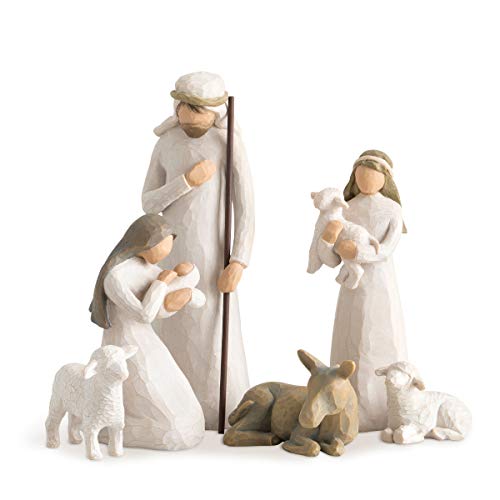The Christmas season goes past Christmas and really ends with the feast of the Epiphany. This occurs on January 6. The day is celebrated as the day the three wise men arrived to visit Jesus, bringing gifts with them.
It is unlikely a visit could have occurred in just under two weeks. Organization of a trip in the days before telephone would have meant sending word physically. And the caravan would have traveled slowly, once organized. A couple of years would be a better estimate of the time needed. Yet a twelve-day celebration is acceptable, for a two-year celebration would overlap other Christmas Days.
January 6 ends Christmas time for many, albeit not all. In some cultures, the twelve days of Christmas are a time for continued gift-giving. As an example, consider the Christmas booths that sell items for giving in Rome. They will stay until the last gifts have been bought.
















 Multivariable Calculus: Gradient, Divergence, and Curlon 12/19/2025
Multivariable Calculus: Gradient, Divergence, and Curlon 12/19/2025
 UAPs, Formerly UFOs, If They Are Real How Can We Explain Their Arrival to Earth?on 12/18/2025
UAPs, Formerly UFOs, If They Are Real How Can We Explain Their Arrival to Earth?on 12/18/2025
 Polar Coordinate Systemon 12/16/2025
Polar Coordinate Systemon 12/16/2025
 Aurora Can Disrupt Electrical Devices And Even the Grid?on 12/15/2025
Aurora Can Disrupt Electrical Devices And Even the Grid?on 12/15/2025



Comments
First, southern Louisiana has a large Catholic population, but not northern Louisiana. The cake is called a King Cake here, and a doll is hidden in it. We associate this tradition with Mardi Gras, a holiday with Catholic roots, so it is a tradition of southern Louisiana. The Epiphany is the transition from Christmas time into Mardi Gras time, and considered the first of the Mardi Gras season. The hidden doll represents Jesus, and the tradition is the person who finds the doll hosts the next party, which can continue until Mardi Gras Day when the last parties will be completed. I have an article of this at wizzley, https://wizzley.com/mardi-gras-king-c.... I did not go into this because we associate the cake with Mardi Gras, a different holiday.
blackspanielgallery, Thank you for the photos, practicalities and products.
Does Louisiana conserve the French traditions of faire une galette de rois, trouver la fève, tirer le roi ou bien la reine about the hidden surprise within the Epiphany cake in January?